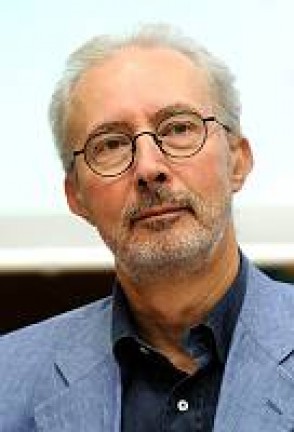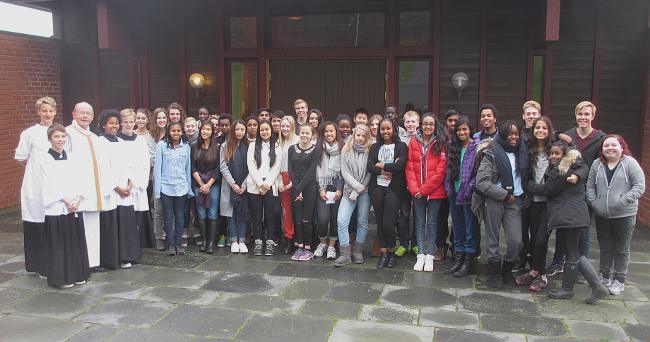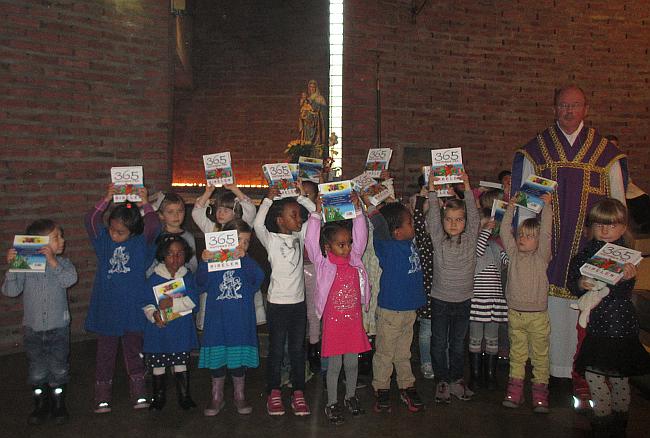… More than a year and a half into the papacy of Pope Francis, the U.S. bishops still appear like deer in headlights, not knowing which way to jump. There are no leaders in the tradition of Joseph Bernardin, John Roach, John Quinn, or James Malone who can articulate a vision for the conference in light of the new papacy.
There are no liberals among the bishops, and the moderates are a minority. The conservative majority is divided into two groups: the ideologues and the pastors.
The ideological conservatives make up 10 to 20 percent of the conference, and they are convinced that Francis is sowing confusion in the church where certitude and stability should be the marks of the church. Francis’ statement that «facts are more important than ideas» is incomprehensible to them; they believe reality must bend to their theological ideas.
The pastoral conservatives, on the other hand, are simply confused. They were raised in conservative families, went to conservative seminaries, don’t pretend to be intellectuals but are loyal churchmen who never questioned anything under the last two papacies. They like Francis, but they are not sure what he is doing. They are in need of a leader who can reassure them and point them in the right direction.
The election of delegates to next year’s synod of bishops reflected the makeup of the USCCB.
Archbishops Joseph Kurtz and Daniel Dinardo, the USCCB president and vice president, were elected as expected. Also elected were Archbishop Charles Chaput of Philadelphia and Jose Gomez of Los Angeles. Chaput had been critical of the confusion surrounding the synod. He will also host next year’s international conference on the family. Elected alternates were Blaise Cupich, newly appointed by Pope Francis to Chicago, and Salvatore Cordilone of San Francisco, the bishops’ point man on gay marriage.
If the bishops were totally behind Pope Francis they would have elected as delegates his best friend in the American hierarchy, Cardinal Sean O’Malley, and Archbishop-designate Cupich, his first major appointee.
A big part of the trouble with the American hierarchy is that the bishops have no one to consult. The conservative theologians, who have been advising them during the last two papacies, are as upset as the ideologically conservative bishops. Since progressive theologians were labeled heretics, kicked out of seminaries, and shunned like Ebola patients, bishops have no one to explain to them how to thrive with the discussion and debate being encouraged by Francis.
Sadly, few bishops would feel comfortable inviting theologians from the local Catholic college over for dinner and conversation, yet that is exactly what is needed. …

 Etter bispesynoden for noen uker siden har flere viktige biskoper/ kardinaler rundt om i verden begynt å undere seg over hva pave Frans egentlig ønsker. I et intervju med den svært kjente «vatikanisten» Sandro Magister – som bl.a. står bak
Etter bispesynoden for noen uker siden har flere viktige biskoper/ kardinaler rundt om i verden begynt å undere seg over hva pave Frans egentlig ønsker. I et intervju med den svært kjente «vatikanisten» Sandro Magister – som bl.a. står bak 
